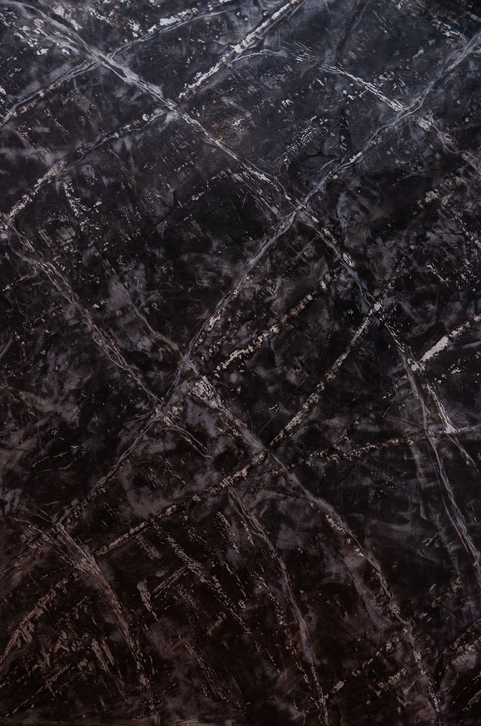
If you are thinking about having your stone floor sealed then you likely have many questions. At Fuller Stone Care we are always happy to answer any of your questions – all you have to do is call us at 310-944-9099. However, in the meantime, you can keep reading to get answers to some of the most frequently asked questions we get about sealing stone floors.
- What surfaces need to be sealed?
- What if I don’t seal my stone floor?
- How much does it cost to seal stone?
- How will it look when it is sealed?
- Can I seal it myself?
If you have any stone outside that is subject to freezing and then thawing then it should be sealed. You may be surprised to learn that portions of California are included in freeze-thaw cycle regions but it is true. When a home or business owner wants to repel stains, reduce dust, resist chemicals, and maintain an attractive stone floor, then they may also decide to seal their floors.
If the type of stone you have is a porous stone like marble, then it readily absorbs liquids. If you live in an area where the ground freezes and thaws, think about how that liquid that gets into that stone will react: It will eventually destroy the surface of unsealed stone. Other chemicals may also discolor and / or damage your stone floor, including oil, household cleaners, salt, and fertilizer.
It depends on the type of stone you need sealed and the type of sealant you are using. There are acrylic-resin sealers and chemically penetrating sealers, which are more affordable than others. This includes silanes, siloxanes, and silicates, among others. Then you have high-performance topical coatings that cost more, such as epoxies and urethanes. Remember that the quality of sealer you have will affect how long the seal lasts, so spending more is often worth it in the long run.
The answer to this will depend on the specific type of sealer that is used. If a chemically reactive sealer is used, then it will be just about invisible because it will actually penetrate into the concrete. On the other hand, if a solvent-based acrylic resin sealer or epoxy is used, then there may be significant color improvements. Finally, a urethane sealer can come in any number of finishes, from glossy to matte.
We do not recommend this. Are there products on the market that say they can be used by anyone? Yes, there are. However, if you do it yourself you will not have a warranty. You will need to purchase specialized equipment you will only use once. There are serious health problems that can arise from improperly sealing concrete. In short, we highly recommend that you let the professionals do it. You can get a quote and find out more by reaching out to Fuller Stone Care at 310-944-9099.
